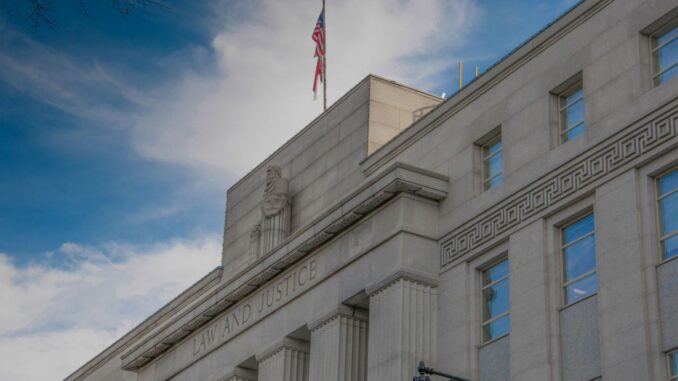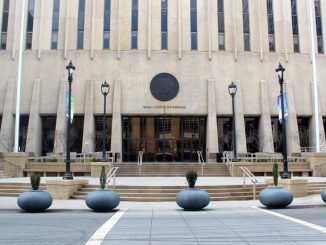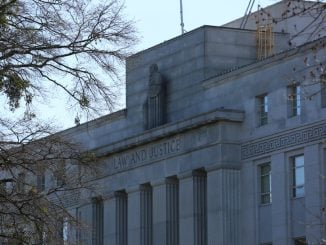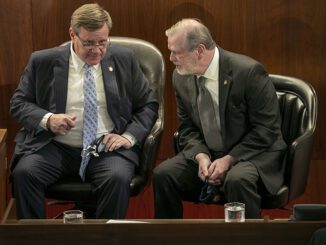
RALEIGH – Ahead of the N.C. Supreme Court’s scheduled Feb. 22 rehearing of the long-running Leandro education funding case, one associate justice has recused himself while another has refused to do so.
Legislative lawmakers had asked that Associate Justice Anita Earls recuse herself as she had personally litigated part of the case in 2005, however, she refused in a 13-page order issued on Jan. 31. This is the second time Earls had been asked to recuse herself from the case due to a conflict of interest but Earls dismissed the concerns.
“Because Penn-Intervenors are parties to the appeal before us, Legislative-Intervenors cite the 2005 complaints as grounds for my recusal. But though I joined my colleagues in signing Penn-Intervenors’ complaints against an individual school district in 2005, that suit is not before us.” Earls wrote.
“Moreover, I did not personally participate in that case, appear in court for Penn-Intervenors, or make any important decisions about the litigation,” wrote Earls. “In these circumstances, Canon 3(C)(1)(b) does not require recusal.”
Earls went on to write she is “confident that my work with an organization that represented Penn-Intervenors in a distinct matter almost twenty years ago will not impair my ability to impartially decide this appeal.”
Since the first decision in the case in 2022, Earls’ former legal business partner, Allison Riggs, was elevated from a relatively new appointment to the N.C. Court of Appeals to the state’s Supreme Court by Gov. Roy Cooper.
Just under a week later, Associate Justice Phil Berger, Jr. did recuse himself in a filing on Feb. 5.
“The undersigned is of the opinion that the substance of this motion was previously addressed, however, members of this Court should strive to fortify public trust, and unilateral action in this matter could undermine public confidence,” wrote Berger. “Erring on the side of prudence, and because it appears the filing may violate Rule 34(a) of the Rules of Appellate Procedure, the undersigned refers this motion to the Court for resolution.”
Like Earls, in 2022 Berger was also asked to recuse himself in the months before the case was decided by the then-Democrat majority court. At that time, he rejected the request.
The 2022 Leandro ruling fell just ahead of the fall elections in which North Carolina voters flipped the court from a 4-3 Democrat majority to a 5-2 Republican majority. It was the second election cycle in a row in which Republican judicial candidates had swept the state’s top court races.
The former Supreme Court’s ruling, penned by former Associate Justice Robin Hudson claimed the court had to take “extraordinary” action in the case by circumventing the legislature’s authority over appropriations per the N.C. state constitution and ordering a funding transfer of $677.8 million from the state’s coffers by three other state agencies.
Originally, $8.29 billion in new state funding had been called for as part of the “Comprehensive Remedial Report” produced by WestEd.




